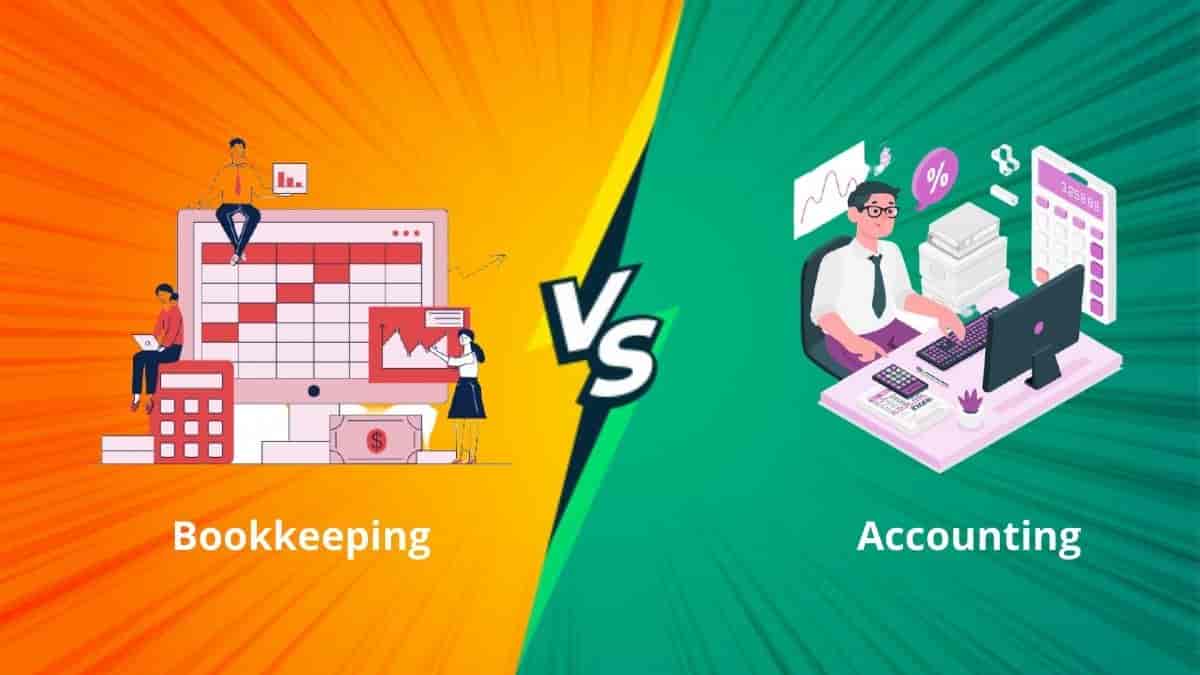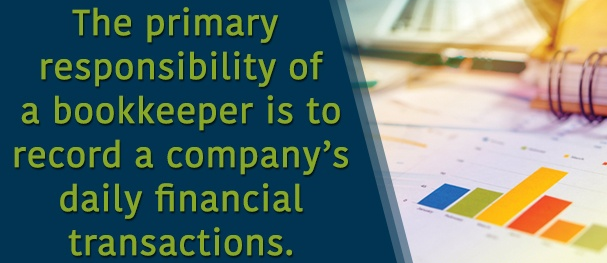

Don't report personal costs as business expenses. Don't incorrectly (or forget to) file business sales and receipts. To prevent your business from getting "the bad audit", here are some tips to follow: When it comes to preparing for any audit, your accountant can be your best friend because they'll save you loads of time preparing for the audit. However, it's also pretty standard for a business to be audited when a bank or investor wants to understand its financial position to determine the risk before they invest capital. Auditīefore you freak out – an audit isn't always bad! The dreaded "IRS audit" occurs when a business isn't filing their taxes correctly. Because it's their job to stay up to date with tax codes and regulations, they'll be able to advise you on how much money your business needs to put aside – so there aren't any surprises. In addition to reducing filing errors and preventing unnecessary audits, an accountant can help you save money. Tax planning and filing isn't fun but it's crucial to make sure everything is handled correctly. The official website of the IRS has more information on recordkeeping. For instance, a small business might have short-term payments to banks. For instance, a sale has been made but the money hasn't been collected – only credited.Īccounts payable is an amount owed to a vendor or credit for completed goods or services. Accounts receivable is a claim from an uncollected amount, usually from a sale on credit. It can also help you monitor your business and identify sources of income.īelow is a list of records that you should keep accurately and orderly:Īccounts receivable and accounts payable are also two important records to keep. It helps you understand how much money is owed to you, how much you owe and will prevent you from making costly – not to mention illegal – errors. Keeping clear business records is important. #ACCOUNTING VS BOOKKEEPING PROFESSIONAL#
This professional is responsible for preparing for audits, helping you with tax planning, and offering business financial analysis and advice.Īccounting and bookkeeping services can be handled by one individual but before you make any decisions, find out what each task typically involves. An accountant is your financial strategist. ServicesĪ bookkeeper is the official record keeper of your business's financials. In this lesson, we'll go in-depth on accounting and bookkeeping services so you can make a decision on whether you can handle the tasks yourself or need to hire someone. In day-to-day operations, a bookkeeper would make sure employees are filing invoices and expenses correctly and handling payroll. An accountant is responsible for offering strategic financial advice in addition to being aware of the company's financial situation.īookkeeping services is the process of keeping records of financial transactions and preparing financial statements, such as balance sheets and income statements. That's when accounting and bookkeeping services comes in.Īccounting is the process of tracking income and expenses. Whether you're a startup or an established business, keeping track of your financials is essential to making informed business decisions.

Understanding Employee Responsibilities.

Determining the Legal Structure of Your Business.






 0 kommentar(er)
0 kommentar(er)
